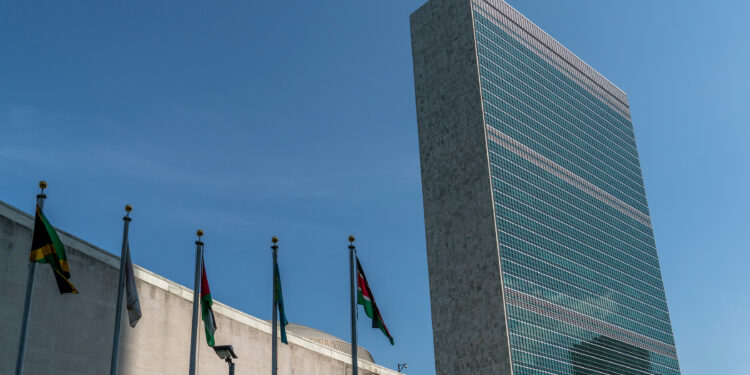World leaders at the United Nations General Assembly have expressed mounting frustration over the escalating violence between Israel and Hamas, as well as the conflict on the Israel-Lebanon front with Hezbollah. Leaders from various nations criticized both Israel and the United States for their handling of the ongoing war, demanding a cease-fire and humanitarian relief for Gaza.
During the session on Tuesday, September 24th, Turkish President Recep Tayyip Erdoğan made one of the most controversial statements, likening Israeli Prime Minister Benjamin Netanyahu to Adolf Hitler and calling for international action against Israel. Other leaders, including Colombia’s President Gustavo Petro, described the situation as a “genocide” and a violation of International law. Brazilian President Lula da Silva added that Israel’s retaliation had shifted from self-defense to a form of “vengeance” against the Palestinian people.
While some leaders acknowledged Hamas’s role in igniting the conflict by killing over 1,200 Israelis in a terrorist attack on October 7, 2023, much of the criticism focused on the scale of Israel’s response, including their killing of over 40,000 Palestinians. Middle Eastern, Latin American, and African nations joined the condemnation, reflecting widespread dissatisfaction with the United Nations’ inability to halt the bloodshed.
The U.S. also faced indirect criticism from many world leaders. Colombia’s President Petro accused the U.S. of being complicit in the violence, while Jordan’s King Abdullah II highlighted the destruction of UN shelters in Gaza and the inability to deliver aid to Palestinians. “The terror unleashed on Gaza is beyond justification,” King Abdullah stated, emphasizing that the forced displacement of Palestinians amounted to a war crime.
Despite the sharp rhetoric, U.S. President Joe Biden reiterated the need for a two-state solution and called for a cease-fire and hostage exchange. While the U.S. remains isolated in its support for Israel, some allies, including the U.K., have abstained from opposing U.S.-backed measures at the UN.
The ongoing conflict threatens to expand further into Lebanon, prompting urgent calls for de-escalation. The frustration expressed at the General Assembly underscores the global desperation to find a diplomatic solution to the growing humanitarian crisis in the Middle East.










